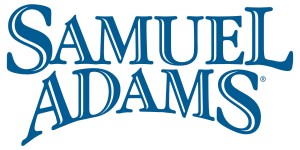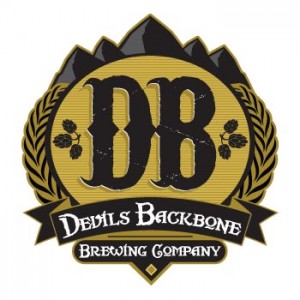
Even craft beer Paterfamilias Jim Koch himself forecast it would take five years to reach the milestone, but Boston Beer Co. reached the figure within five months of its first delivery.
While that might have just been the right product at the right time, considering the beer environment on Patriots’ Day, 1985, when Sam Adams debuted, it would have been far-fetched to suggest a comparably aggressive rollout could be replicated. But fast-forward 30 years and more startup craft breweries are forgoing humble in favor of rapid growth, bringing 5,000 barrels or more to market in year one.
The skyrocketing popularity of craft beer in America has no doubt helped small brewers successfully make what once would’ve been a climb of Sisyphean proportions. Thanks in part to the evolution of the American palate from adjunct lagers to something far more sophisticated, new brewers are launching into the marketplace in a dead sprint.
The paths vary from business to business, but as the craft category continues to eat away at premium beer’s share of the market, it’s becoming evident that slow and steady is not the only way to win the race. Looking at fast-growth brands, however, some trends become readily apparent: they own their home markets, they think hard about their brand identity, and they pay close attention to packaging trends.
Virginia’s Devils Backbone, for instance, just two years removed from bottling and kegging its products for regional distribution, is planning to install a 120-barrel brewhouse by next summer, increasing theoretical production capacity to 100,000 barrels.
Here’s a brief timeline of the brewery’s growth: In 2012, the company rolled out 10,000 barrels; In 2013, that figure ballooned to 25,000. In 2014, the brewery is forecasting production somewhere north of 45,000 barrels.
Like Boston Beer, Devils Backbone didn’t initially plan to grow so quickly. The company’s first business plan called for the production of just 30,000 barrels by year 10. Nevertheless, the company was ready for a quick ramp-up — it spent three years developing a brand identity at its brewpub before it decided to brew 
“It’s a lot harder to grow this rapidly if you just show up and nobody knows who you are or what you’re about,” said brewery COO Hayes Humphreys. “You don’t want to start out thinking you’re going to dominate the world, but you have to be realistic about who you want to be three to five years from now and think about it that way.”
Devils Backbone isn’t the only craft brewery with its sights set on rapid growth, either.
Meg Gill, the co-founder of Los Angeles’ Golden Road Brewing Co., believes that sustainable, long-term growth is possible only when a brewery devotes enough time to understanding itself to allow the growth to proceed.
“Whether it’s finding a home market or knowing what your niche is or what you bring to the table, just know it and own it,” she said.
Golden Road projects it will make 30,000 barrels of beer this year, twice as much as it produced in 2013.
But unlike Devils Backbone, Golden Road didn’t spend years cultivating a consumer base inside a brewpub. Instead, the company — which only launched in October 2011 — forged local partnerships with key retailers like Whole Foods and Vons, leaning on them to do most of the heavy lifting early on.
“We forced a ton of distribution on the market,” she said. “But it very quickly became important to us that people not just see the brand on the shelf, but [for us] to go in and inquire and make sure that these stores were supported so we could get our message out loud and clear.”
Embracing the local community has been instrumental to the company’s success, Gill said, adding that Golden Road is not just about beer, but also about “becoming a fabric of L.A.”
Meanwhile, in Massachusetts, Newburyport Brewing Co. just sold more than 5,000 barrels in its first year in business. The company is projecting 50 percent growth in year two and is staying “very focused” on its home turf, according to Bill Fisher, the brewery’s co-founder and COO.
“I think we’ll be able to grow substantially here in our home state,” Fisher said. “We don’t want to go a million miles wide and one inch deep.”
Staying local, he said, helps Newburyport develop personal relationships with its distributors and retailers, building trust while ensuring the company’s devotion to the area, and subsequently, the consumer.
